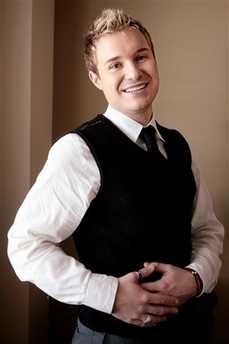Doctors report transplant breakthrough
Updated: 2008-01-24 14:22
LOS ANGELES -- In what's being called a major advance in organ transplants, doctors say they have developed a technique that could free many patients from having to take anti-rejection drugs for the rest of their lives.
|
|
The treatment involved weakening the patient's immune system, then giving the recipient bone marrow from the person who donated the organ. In one experiment, four of five kidney recipients were off immune-suppressing medicines up to five years later.
"There's reason to hope these patients will be off drugs for the rest of their lives," said Dr. David Sachs of Massachusetts General Hospital in Boston, who led the research published in Thursday's New England Journal of Medicine.
Since the world's first transplant more than 50 years ago, scientists have searched for ways to trick the body to accept a foreign organ as its own. Immune-suppressing drugs that prevent organ rejection came into wide use in the 1980s. But they raise the risk of cancer, kidney failure and many other problems. And they have unpleasant side effects such as excessive hair growth, bloating and tremors.
Eliminating the need for anti-rejection drugs is "a huge advance," said Dr. Suzanne Ildstad, a University of Louisville immunology specialist who had no role in the work.
"It still needs some fine-tuning so that everyone who gets treated gets the same consistent outcome ... It's not the holy grail of tolerance yet," she cautioned.
The results do not mean that it is safe for current transplant patients to go off their medicines. Doing so could lead to organ rejection and even death, doctors warn. And Sachs said the treatment will not solve the country's organ shortage.
In the 1990s, Sachs showed the treatment could work in a kidney recipient who was a good genetic match. The woman, who had an organ and marrow transplant in 1998, has not needed anti-rejection drugs for a decade.
The new study involved five people who got kidneys from parents or siblings who had slightly different tissue types from the patients. Since many kidney transplants are similarly mismatched, there is hope more people might one day be spared immune-suppressing drugs.
The breakthrough has changed the life of a Los Angeles man who was one of Sachs' patients.
|
|
|
||
|
||
|
|
|
|


